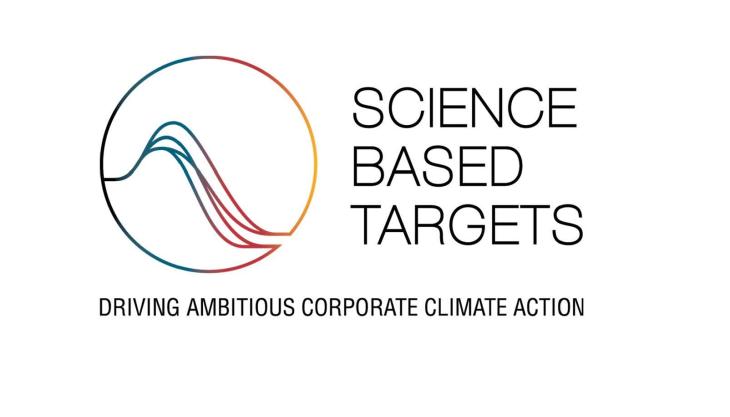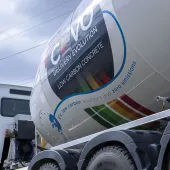
Company’s greenhouse gas emissions targets approved by Science Based Targets initiative
THE Science Based Targets initiative (SBTi) has validated CEMEX’s 2030 global carbon emissions targets, which are a key component of the company’s Future in Action programme with its focus on developing low-carbon products, solutions, and processes to transition to a net-zero CO2 company by 2050.
According to SBTi, the foremost authority on science-based climate action goals, CEMEX’s targets are in conformance with its criteria and recommendations to approve companies’ targets and in line with what the climate science deems necessary to meet the goals of the Paris Agreement – limiting global warming to well below 2°C above pre-industrial levels and pursuing efforts to limit warming to 1.5°C.
For CEMEX, who claim to have the most ambitious 2030 targets in the cement industry, a reduction of the net greenhouse gas (GHG) direct emissions of 40% versus a 1990 baseline means an expected reduction in direct (Scope 1) GHG emissions of 20% per tonne of cementitious material by 2030 from a 2020 base year. The company has also committed to reduce its indirect electricity GHG emissions (Scope 2) by 42% by 2030 from a 2020 base year.
‘Climate action is the biggest challenge of our times and CEMEX are taking decisive action to address it by defining ambitious emissions reduction targets in line with the Science Based Targets initiative and executing against those targets,’ said Fernando A. Gonzalez, chief executive officer of CEMEX.
‘We commit to continue leading the industry in climate action not only because it creates value, but more importantly because it is the right thing to do. CEMEX are building a better future, and that future must be sustainable.’
Under their Future in Action programme, CEMEX announced a climate action target of below 475kg CO2, a more than 40% reduction in CO2 emissions, by 2030. The company’s clean electricity consumption will also increase from the current 29% in 2020 to 55% by 2030. These goals also align with the well below 2°C scenario and allow the company to reaffirm its 2050 goal of being net-zero carbon in concrete.









